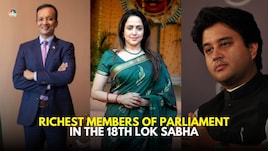
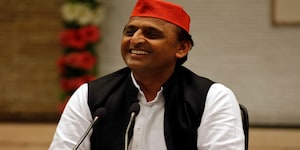

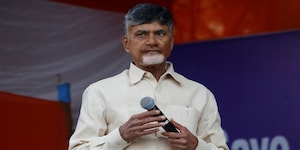
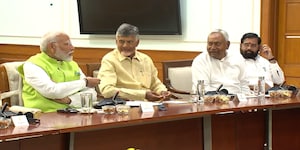

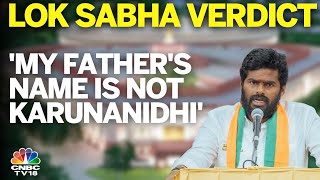
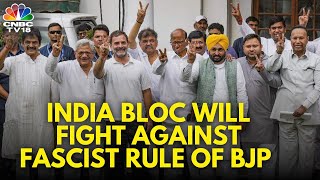
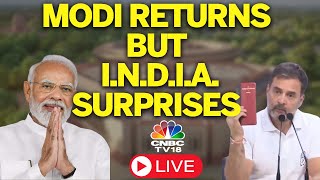
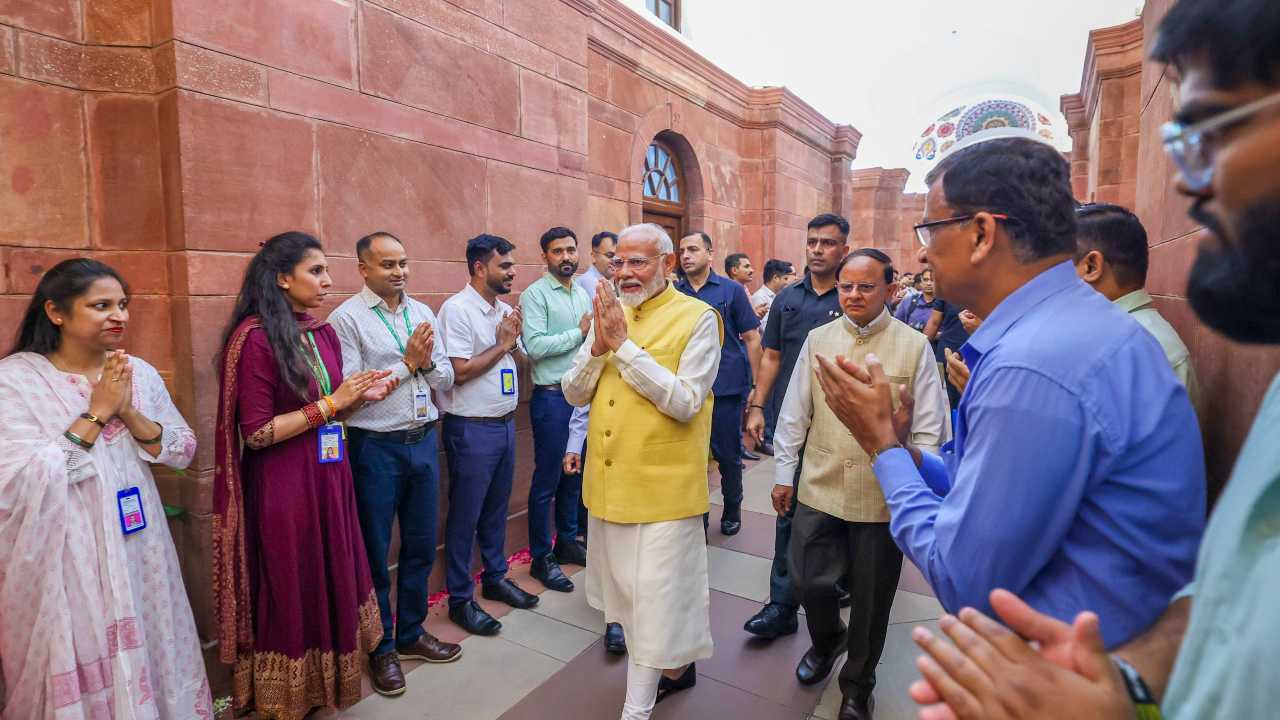

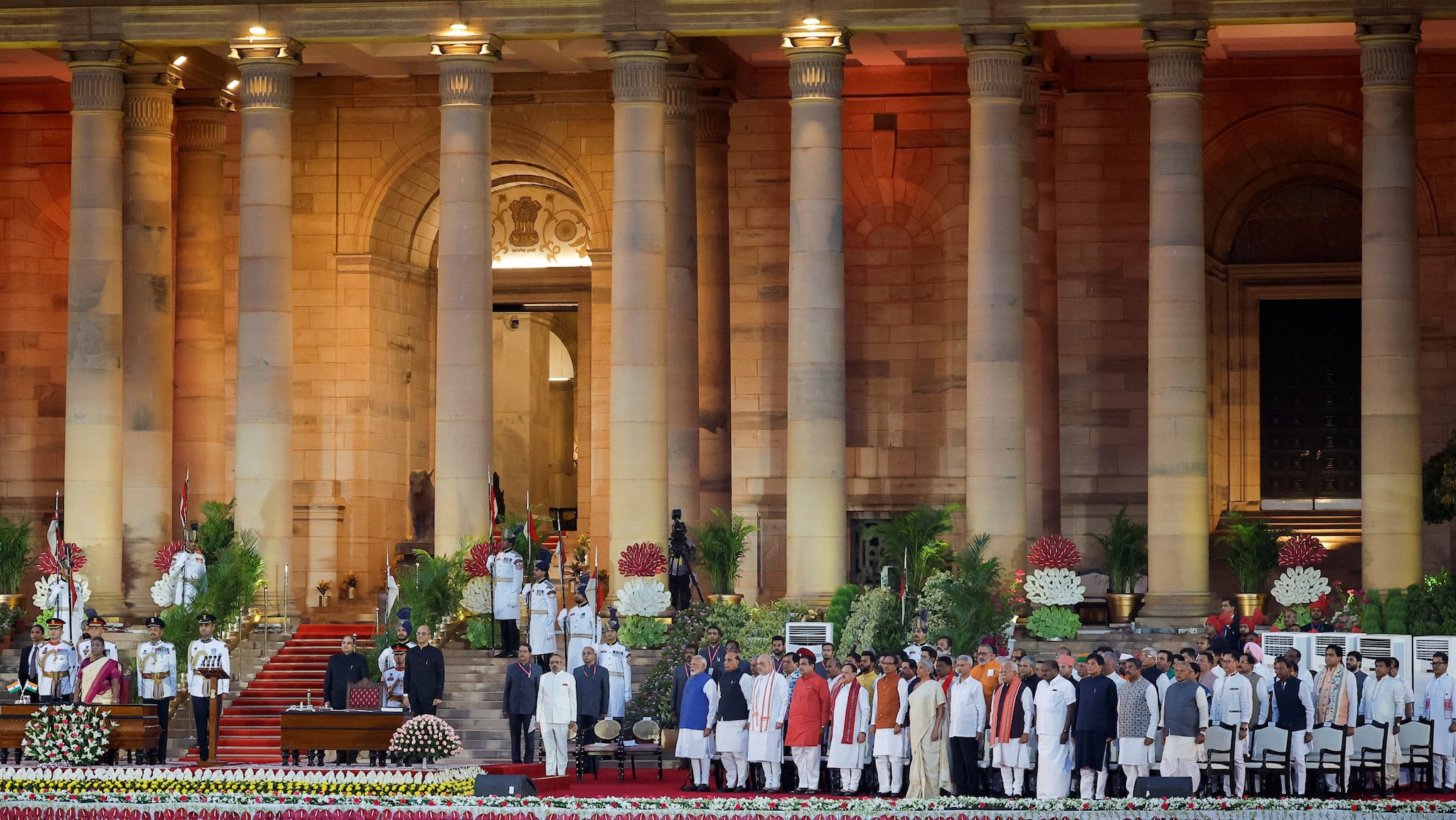
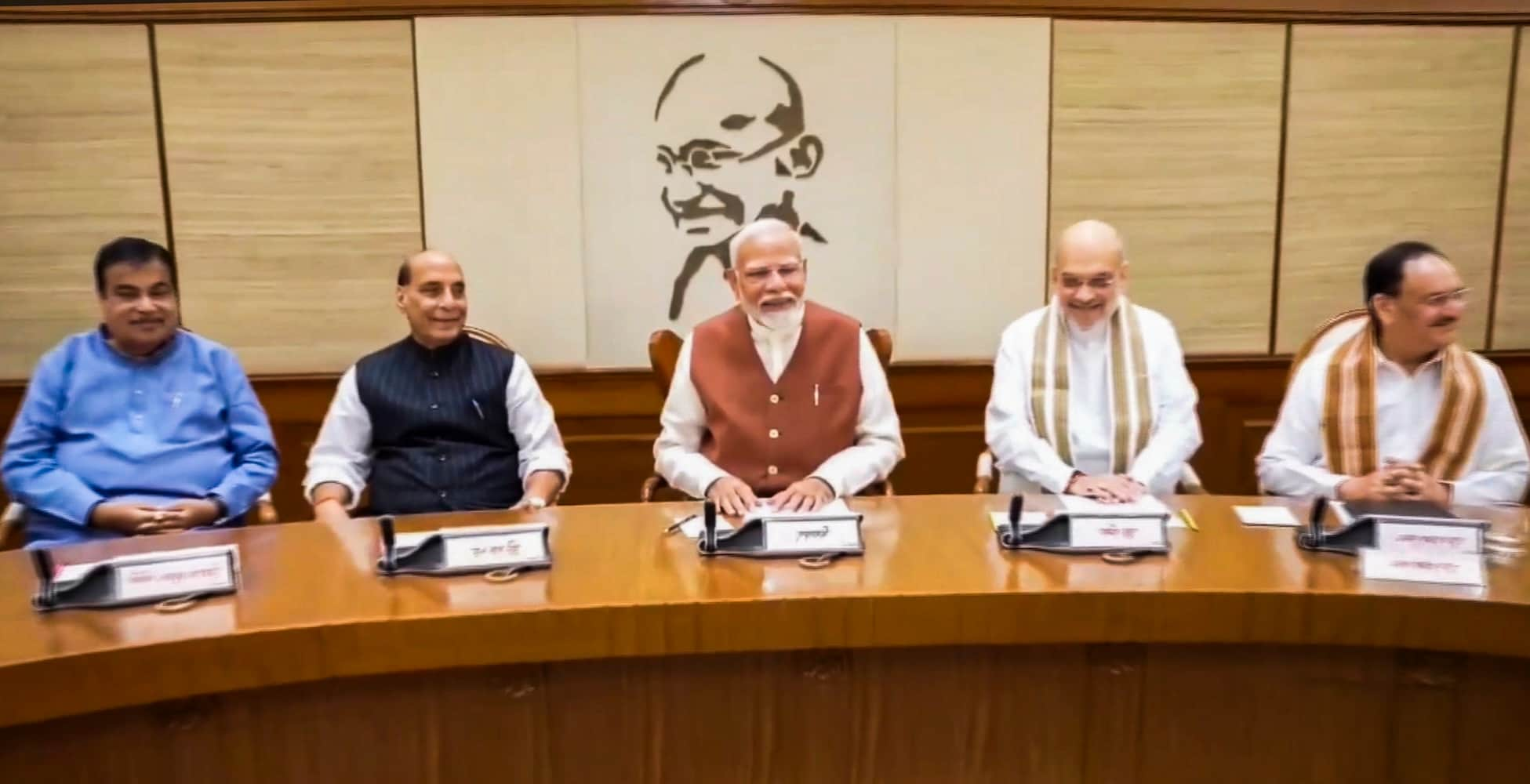
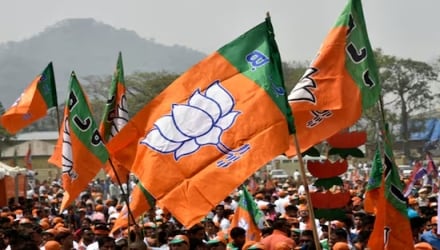
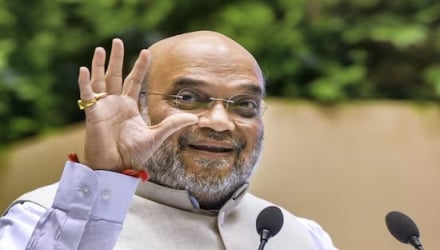
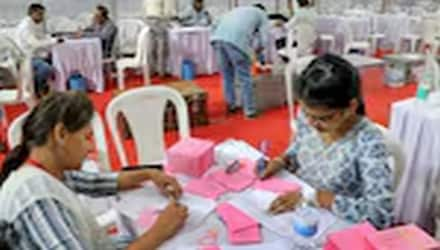
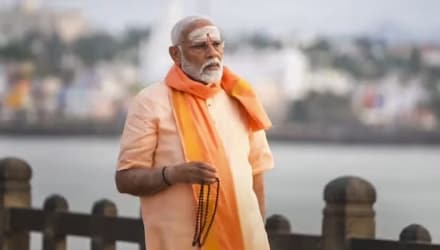
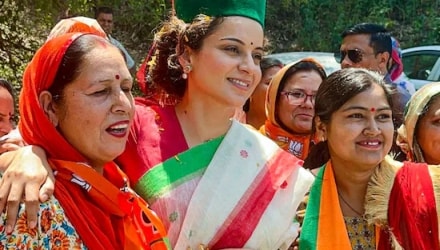
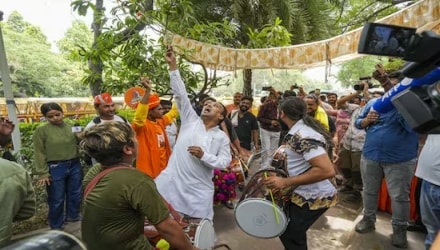
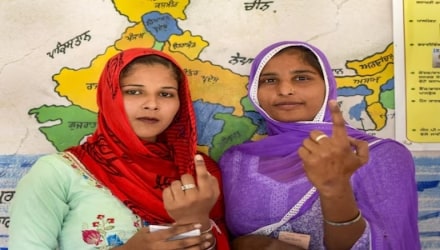
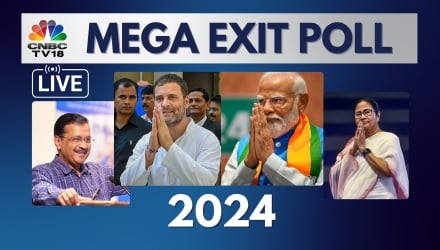
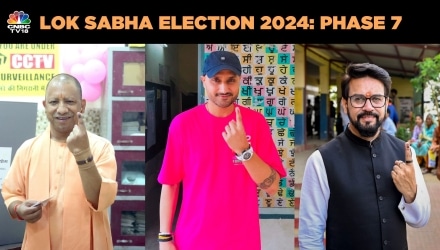
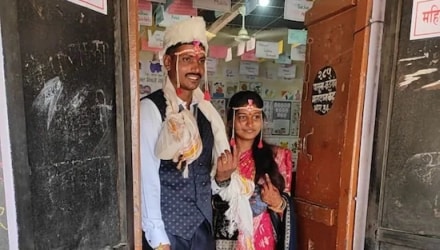
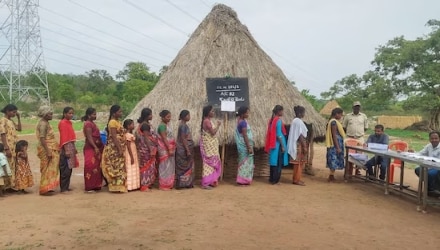

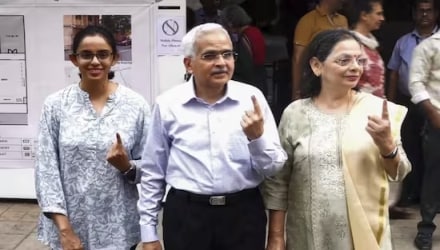
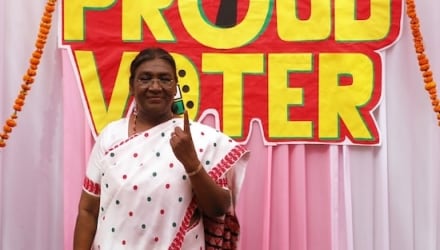
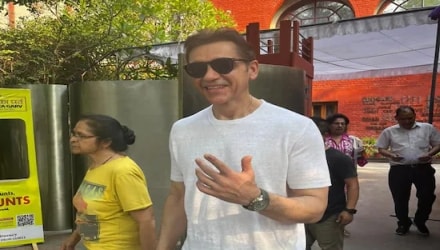
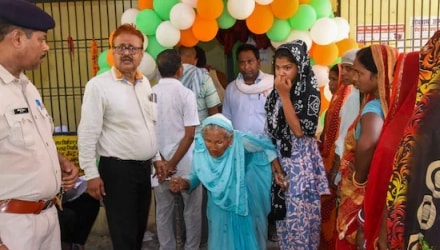

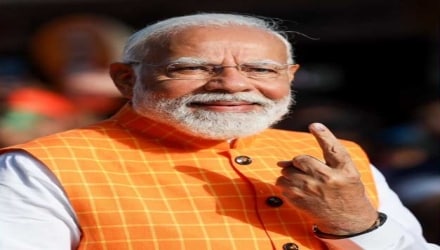
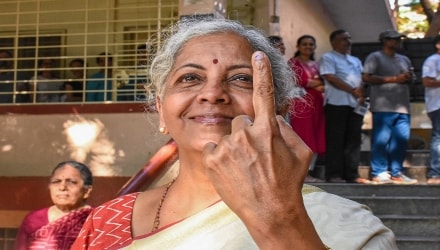
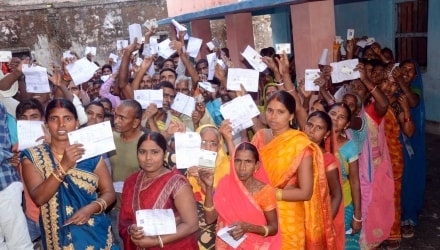
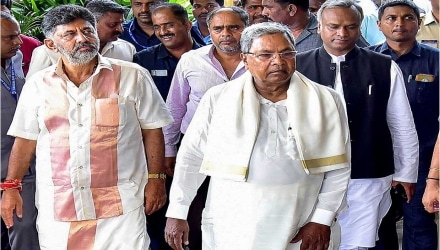

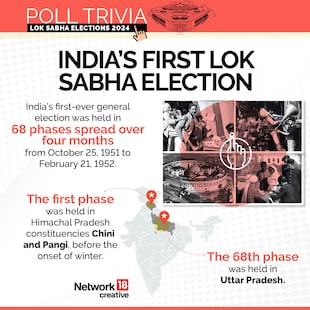
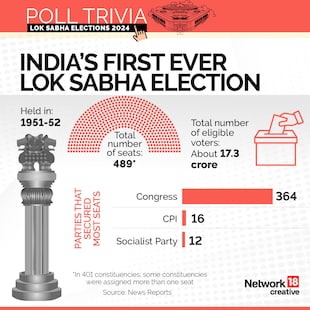
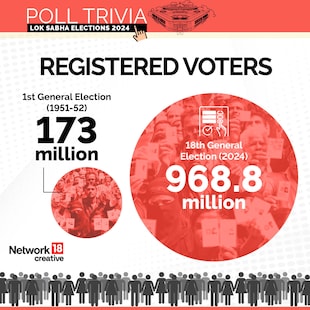
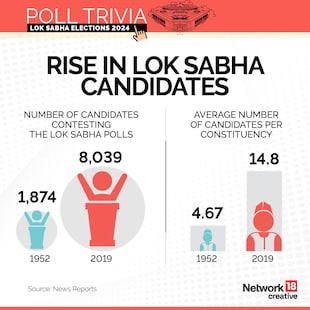
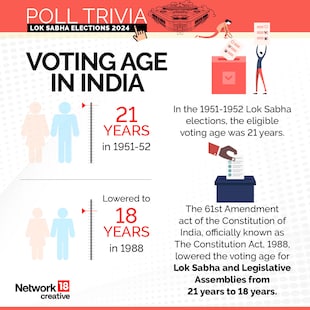
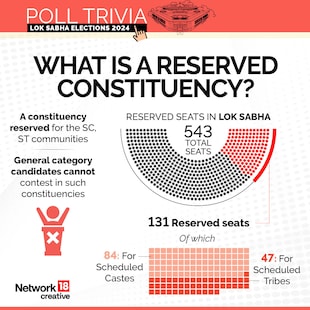
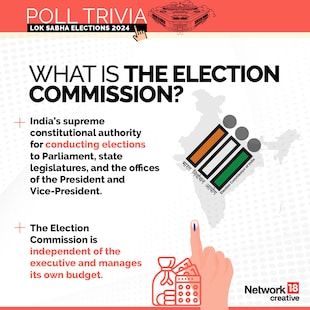
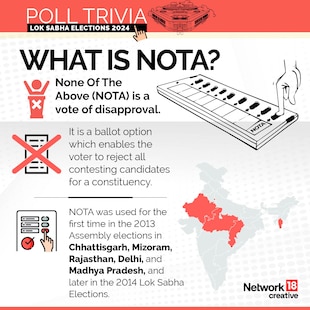
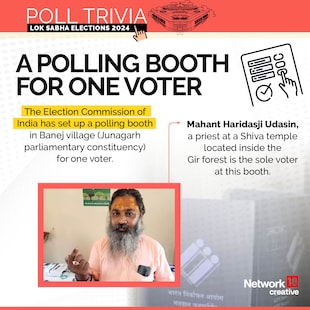
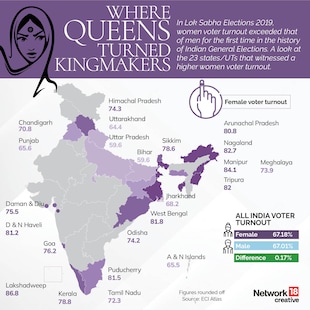
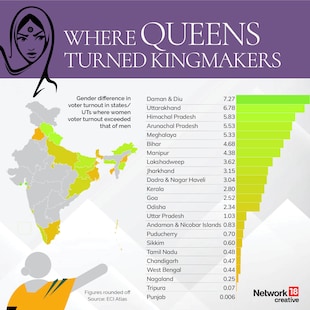

Lok Sabha election, or the general election, takes place once in five years. People vote to elect members to the lower house of the Indian Parliament. A tenure of the Lok Sabha is for five years. However, the President may dissolve the House earlier in certain situations.
There are 543 seats in the Lok Sabha. As per the Election Commission, the maximum number of elected members to the house of people is 550. Article 81 of the Constitution says that a maximum of 530 members will be elected from the states and 20 members from Union Territories. The President can nominate two members from the Anglo Indian Community.
Each constituency will elect only one member. Prior to 1962, there were both single and multi-member constituencies. The multi-member constituencies were abolished in 1962.
A person must be registered as a voter. Sec 4(d) of Representation People Act, 1951 precludes a person from contesting unless he is an elector in any parliamentary constituency. A non-citizen cannot be a candidate in the elections.
25 years. Chandrani Murmu is the youngest MP in the current session of Lok Sabha. The 25-year-old Biju Janata Dal MP represents the Keonjhar constituency in Odisha.
As per Section 34(1)(a) of the Representation of People Act, every candidate is required to make a security deposit of Rs. 25,000. The deposit is Rs 12,500 for a candidate belonging to Scheduled Caste and Scheduled Tribe.
Section 33 (7) of Representation of People Act says a person can contest from a maximum of two constituencies for Lok Sabha polls.
A defeated candidate who fails to secure more than one sixth of the valid votes polled in the constituency will lose his security deposit. [also worth mentioning how much is the deposit amount] - I have mentioned in the above question.
At present, the limit of expenditure for a constituency in bigger states is Rs 40 lakh, under Rule 90 of the Conduct of Election Rules, 1961. The lowest limit is Rs 16 lakh for a constituency of Dadra and Nagar Haveli, Daman and Diu and Lakshadweep.
Every Indian citizen who has attained the age of 18 years on the qualifying date i.e. first day of January of the year of revision of electoral roll, unless otherwise disqualified, is eligible to vote.
No. A person who is not a citizen of India is not eligible for registration as a voter. Even those who have ceased to be citizens of India cannot vote if they have acquired the citizenship of another country.
Yes. According to the provisions of Sec 20A of the Representation of People Act, 1950, a person who is a citizen of India and who has not acquired the citizenship of any other country can be registered as a voter. The person can exercise his/her franchise.
The Election Commission normally orders revision of the existing electoral roll every year. One can submit a claim application (Form 6) during the period for lodging claims and objections to the Electoral Registration Officer.
The first general election was held in India during 1951-1952. The strength of Lok Sabha at that time was 489.